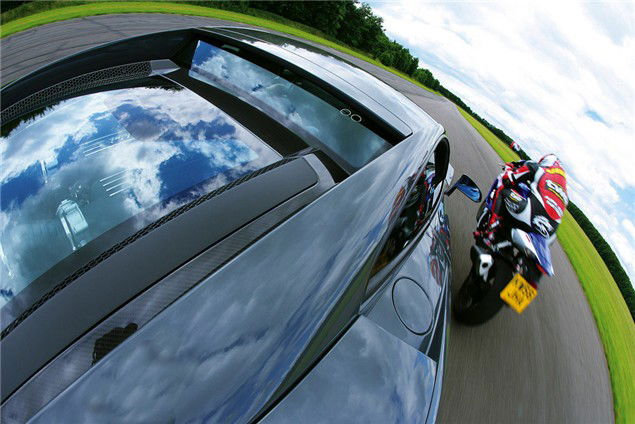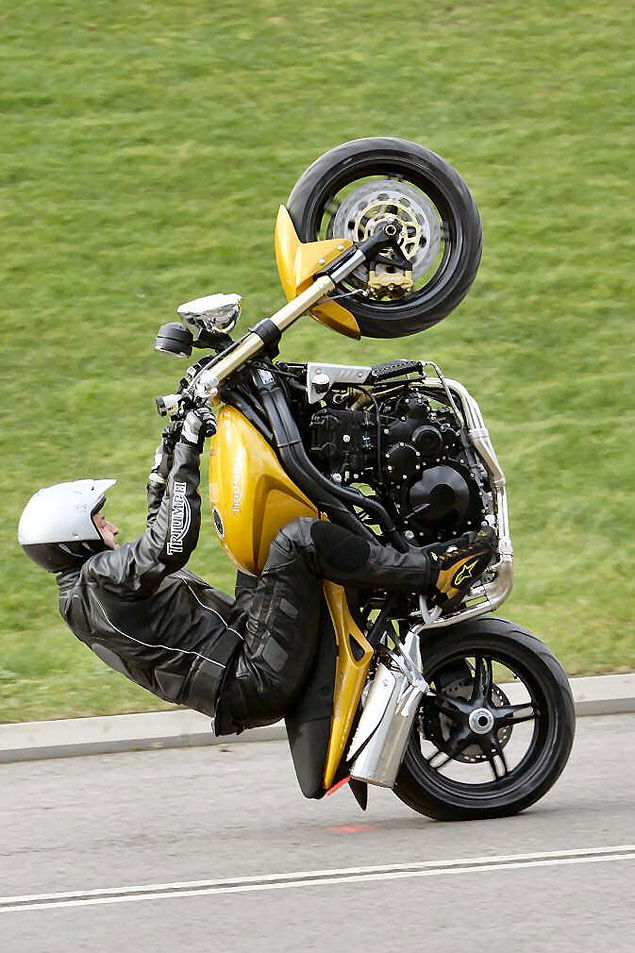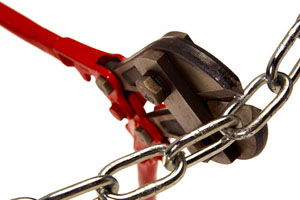How to overtake effectively
One of the biggest factors in serious motorcycle crashes are errors in overtaking, here's the best way to ensure safe overtaking


Motorcycles are the perfect overtaking machine. Fast acceleration, combined with good visibilty and correct positioning gives bike riders a distinct advantage over other road users. But overtaking’s also the time a motorcyclist is most at danger. The key is to be in the right place at the right time. Here’s how to do it properly.
A Bike's Advantages
Acceleration is a motorcycle’s biggest advantage over a four-wheeler; even a modest performance machine will out-accelerate most sporty cars up to 100mph. A bike rider’s height advantage makes detailed road observation easier, giving the rider the chance to see over hedgerows, walls and other vehicles. Positioning is vital too: riders can place their machine in a variety of situations car drivers can’t. Accurate road positioning will help the rider continuously gather vital information of what is ahead (and sometimes behind) giving them extra vital information before committing to an overtake.
Common Errors
Many overtakes are made before all the relevant hazards are seen or considered. The technique is to process everything before you commit, and then when you do commit, expose yourself to danger for the minimum amount of time. Remember, the more time the rider spends overtaking, the more time they’re exposing themselves to maximum danger. Be decisive: don’t bugger about.
The Techniques
Plan your overtake from a position where you can gather the most information. If the view ahead is obscured because the vehicle you want to overtake is in the way think about your road positioning. This is especially important when it comes to overtaking large or long vehicles, such as lorries. Are you in the right place? Are you too close? Decide where you’ll get the best view of the whole situation ahead: it may not always be left of the road’s centre line. There’s nothing in law to say you must overtake from the lefthand side of the road so why not make the decision from a position that gives you more information and takes you the least amount of time? A lot of riders think the technique of moving out into the opposing lane prior to committing isn’t safe or technically correct but this isn’t always the case.
Your Trump Card
A bike’s strongest asset is its acceleration, so put your machine in a position where you can take full advantage of its ability.
Junction Hazard
Not many sane motorcyclists would deliberately overtake on the approach to a junction, where there’s a possibility of vehicles turning, but many do. The majority either haven’t seen the junction or anticipated the multitude of potential dangers that lie in wait. Even when you’re in a good following position, a truck or bus ahead can almost completely obscure signing on the nearside warning of any hazards ahead (a junction in example 3 over the page). The rider is concentrating so much on looking ahead for an opportunity to overtake he fails to see the warning signs as he passes them on the left. This shouldn’t happen, but it’s a common error.
Keep Your Distance
Keep your distance and moving out before accelerating, as this gives you that last important bit of information before committing to the overtake.
The Techniques
Summer months compound the situation. Some junctions can be particularly difficult to see due to overgrown roadside foliage, so look for other clues to help you assess the road ahead. Remember, moving out first allows the eyes to work more laterally. Being able to scan more of the road side-to-side, as well as ahead, makes it much easier to pick up information.
Information
Scan the road ahead, from side-to-side and also behind. Is anyone overtaking you?
Speed
How fast is the vehicle you want to overtake travelling? Can you complete things safely?
Positioning
Are you in the right place in the road for what comes next? Constantly review the situation







